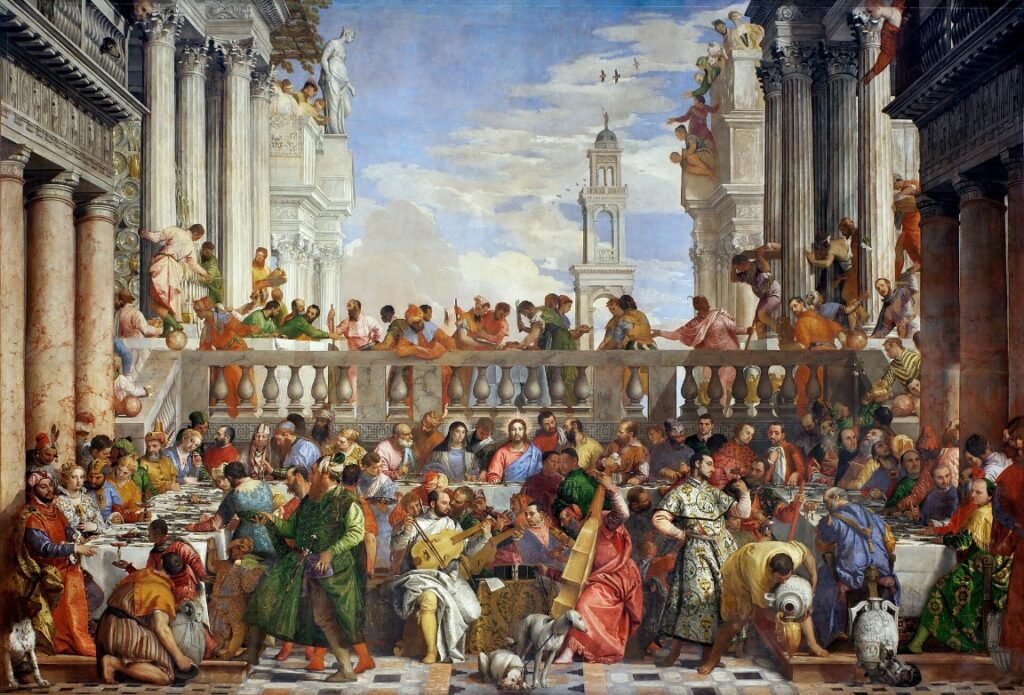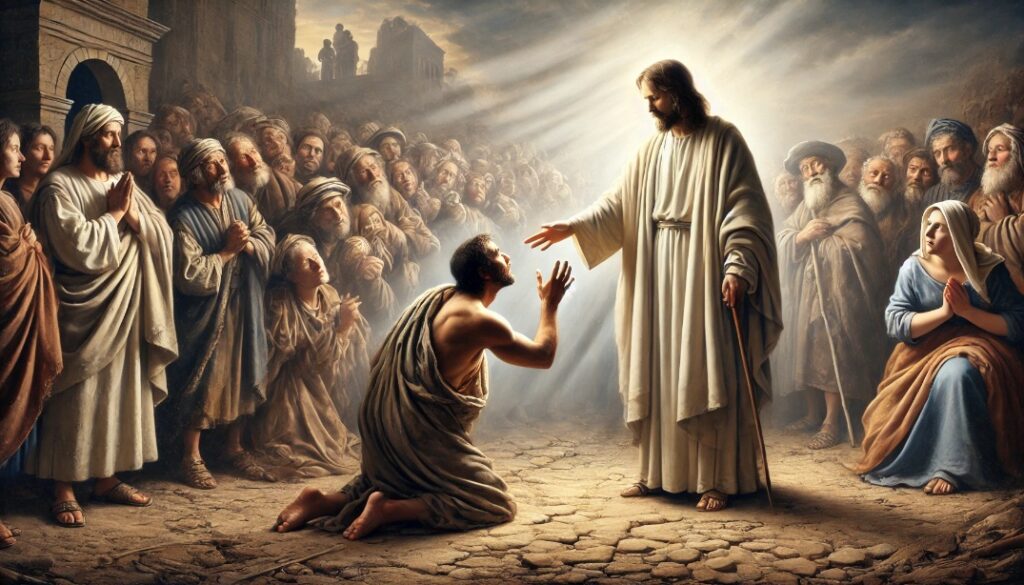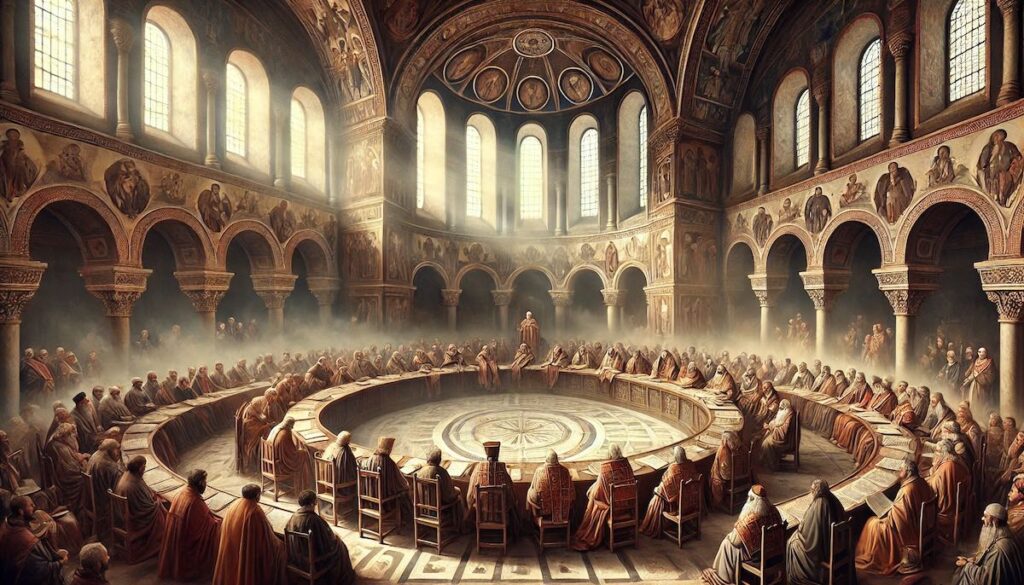Is Reality a Constant Miracle? The Moment-by-Moment Genesis of Being
In the bustling landscape of modern theological understanding, few concepts are as misunderstood as God’s relationship with creation. Popular imagination often portrays the divine as a distant clockmaker—one who wound up the universe at the beginning of time and then stepped back, allowing mechanical processes to unfold without further intervention. But what if this view […]
Is Reality a Constant Miracle? The Moment-by-Moment Genesis of Being Read More »










